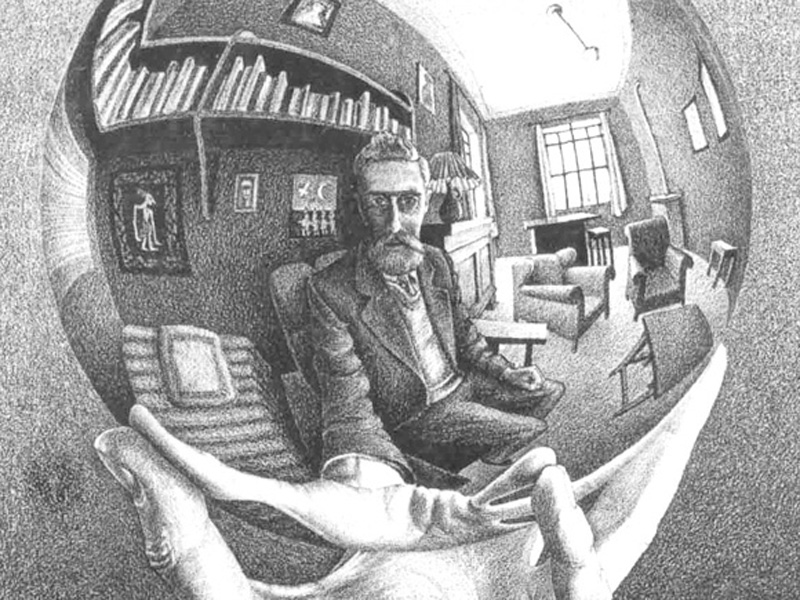The rural college is confident its education approach will meet the Medical Board’s revalidation requirements
ACRRM says its new GP education regime will satisfy the Medical Board’s revalidation agenda without the need to impose compulsory “self-reflective” activities.
Enabling doctors to remain in control of their professional development activities was a key component of ACRRM’s PDP for 2017-19, ACRRM said.
The approach is in contrast to the RACGP’s adoption of a compulsory online tool – dubbed PLAN – in its QI and CPD for the new triennium, which has prompted an outcry.
As a result, a number of city-based RACGP members ended 2016 vowing to switch to the smaller, rural-oriented ACRRM to maintain their vocational registration.
They accused the College of failing to consult on the change and being dictatorial in its intent to record information on members’ self-assessments via the College-administered PLAN.
ACRRM, which accepts members regardless of where they practise, did not reveal its PDP for the new triennium until December, after extended consultations.
The extra time was spent to “ensure that it was consistent with the proposed approach of the Medical Board towards revalidation, whilst remaining appropriate and acceptable to our members”, ACRRM President, Associate Professor Ruth Stewart, said.
As well as letting members control their PDP activities, the ACRRM program minimised administrative imposts.
For the new triennium, the rural college has added optional multi-source feedback to it’s Practice Reflective Professional Development (PRPD) secton.
Underthe RACGP’s PLAN – which stands for Planned Learning and Need – RACGP members will need to answer questions about their performance in key areas of general practice, generate a practice profile and rate areas for improvement.
The RACGP leadership has justified the step as one that would meet anticipated Medical Board demands for proof of self-reflective practice and enhanced CPD.
Still, ACRRM said its program had been “designed to facilitate a smooth transition to any future validation requirements”.
The RACGP’s mandatory PLAN QI activity accounts for 40 points – or 50% of a member’s Category 1 points. Members must also complete at least one elective Category One activity and a CPR qualification worth five points. Category 2 training and education make up the remaining 45 points needed to make the minimum 130 points for the triennium.
ACRRM’s Practice Reflective Professional Development category offers a menu of learning activities that cover much the same ground as the RACGP’s Category One electives.
Choices include multi-source feedback/360 degree review, a clinical audit; publishing as a lead author, fellowship of another college; and a raft of time-based training.
One difference is that ACRRM demands that 60 of the minimum 100 points required for the triennium are accrued through “core” activities which “may or may not” include a reflective element; while 30 points can be earned from PRPD and 10 for life-support skills.
An expert advisory group is due to report in June on an Australian model for revalidation that combines strengthened CPD with proactive steps to identify poorly performing practitioners.
The Medical Board has ruled out adopting a UK-style revalidation scheme, where doctors have to re-sit their fellowship exam every five years.
Medical Board Chair Dr Joanna Flynn, writing earlier this month in the MJA, outlined three core areas for a strengthened CPD regime in Australia. The three areas are performance review (such as peer review and multisource feedback), patient outcome measurement (such as audit, mortality and morbidity reviews, and reviews of individual and comparative data), and educational activities.
When the practitioner was not involved in direct patient care, other relevant indicators would need to be developed, she said.
“The proposed changes to strengthen CPD would apply to, and have to be achievable by, all of Australia’s more than 100,000 registered medical practitioners, no matter where they live, their type of practice or whether they are inside or outside the structure of a medical college.”


